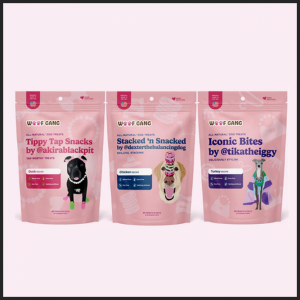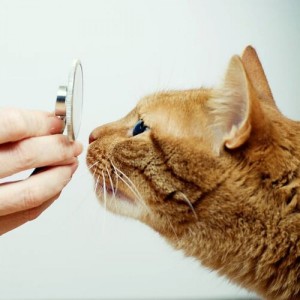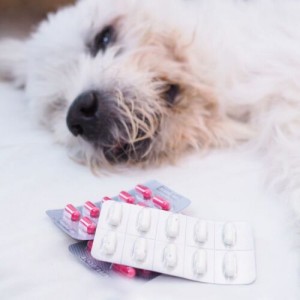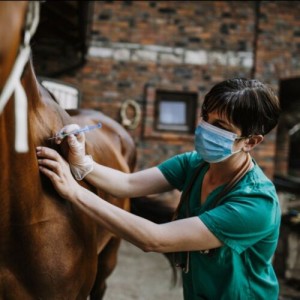Deadly pathogens found in commercial raw cat foods
An analysis of commercial raw cat foods detected disease-causing microbes, including some that are resistant to antibiotics, creating risks for both pets and their owners, according to a new study.
The paper, published Sept. 24 in Communications Biology, found Salmonella, Cronobacter and E. coli in such foods as raw or partially cooked meat sold frozen, refrigerated and freeze-dried in stores and online.
These pathogens can transfer from pets to humans and are of special concern for young children, and people who are old, pregnant and immuno-compromised.
“Most of these products have no warning labels on them showing that the meat ingredients are not fully cooked, indicating that they could harbor live bacteria and potentially viruses and parasites that would make a family very sick,” said Laura Goodman, Ph.D. ’07, assistant professor in the Department of Public and Ecosystem Health and in the Baker Institute for Animal Health in the College of Veterinary Medicine. “Particularly for the freeze-dried products sold on shelves, consumers likely have no idea they are taking on that risk.”
Goodman is senior author of the paper; Guillaume Reboul, a former postdoctoral researcher in Goodman’s lab, is the first author.
The Food and Drug Administration regulates and tests a limited number of bacteria in raw cat foods, due to compliance policies, which mainly focus on human pathogens. The paper provides evidence of a wider range of pathogens found in raw cat foods that might be used to inform the agency’s future policies.
In the study, the researchers purchased a mix of raw and conventionally cooked cat foods. They then compared the communities of microorganisms, known as microbiomes, in each sample, applying the same methods practiced by the FDA when they cultured bacterial samples.
The team detected five strains of salmonella in raw food samples, which they uploaded to the federal database that is used to match with human cases of salmonellosis. “There were indeed some human cases that were genetically very similar to our isolates,” revealing that people potentially were sickened from the same products studied, Goodman said.
They also applied nonstandard culturing methods and isolated antibiotic-resistant pseudomonas, a bacteria that can cause serious, life-threatening lung, blood and urinary tract infections.
Klebsiella, a bacteria that can cause fever, chills and fatigue, and potentially pneumonia and urinary tract infections, was also found in raw samples, though it is not necessarily considered a foodborne pathogen, Goodman said. Clostridium perfringens, the bacteria that leads to gastroenteritis in undercooked turkey, and causes food poisoning around Thanksgiving, was highly associated in the microbiomes of the freeze-dried cat treats and coated kibble.
Mitochondrial DNA fingerprinting of the ingredients found in raw cat food confirmed some labels did not match the types of meat listed in the products. “We did find some discrepancies in the labelling across all formulations, not just the raw food,” Goodman said. Some products contained chicken even though that ingredient was missing from the label. Some cat owners try to avoid feeding their cats chicken, which is often used as a filler, because it can carry avian influenza, which is deadly for cats. Indeed, another fatality linked to raw cat food was recently reported in California.
The project was funded by the Cornell Feline Health Center Natural Nutrition Award. The Feline Health Center has a resource page for cat owners on avian influenza.
Author: Krishna Ramanujan
Source: https://news.cornell.edu/



_02.jpg)










List
Add
Please enter a comment